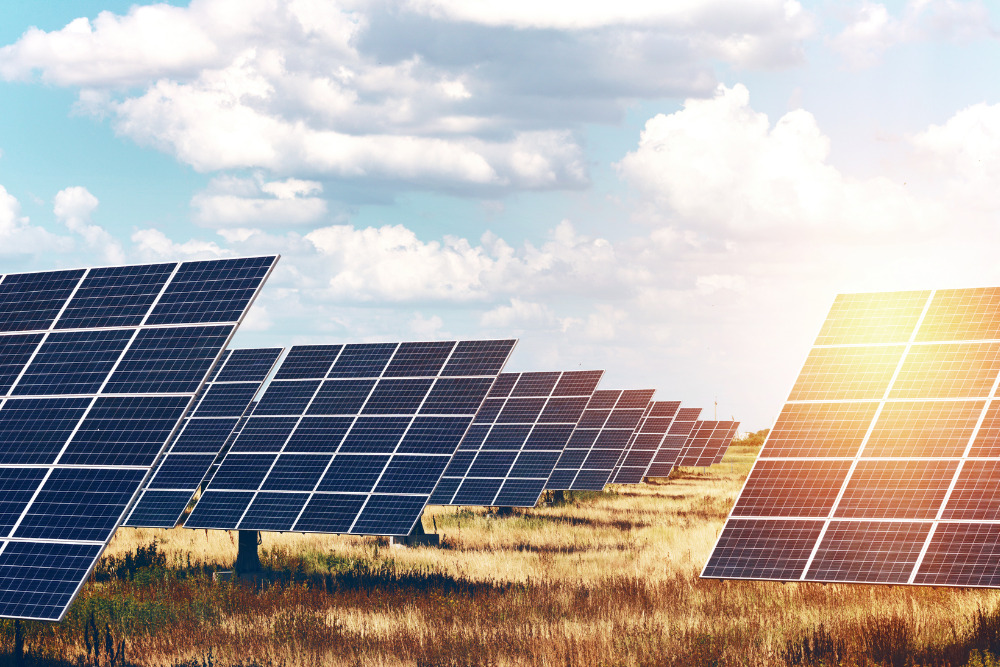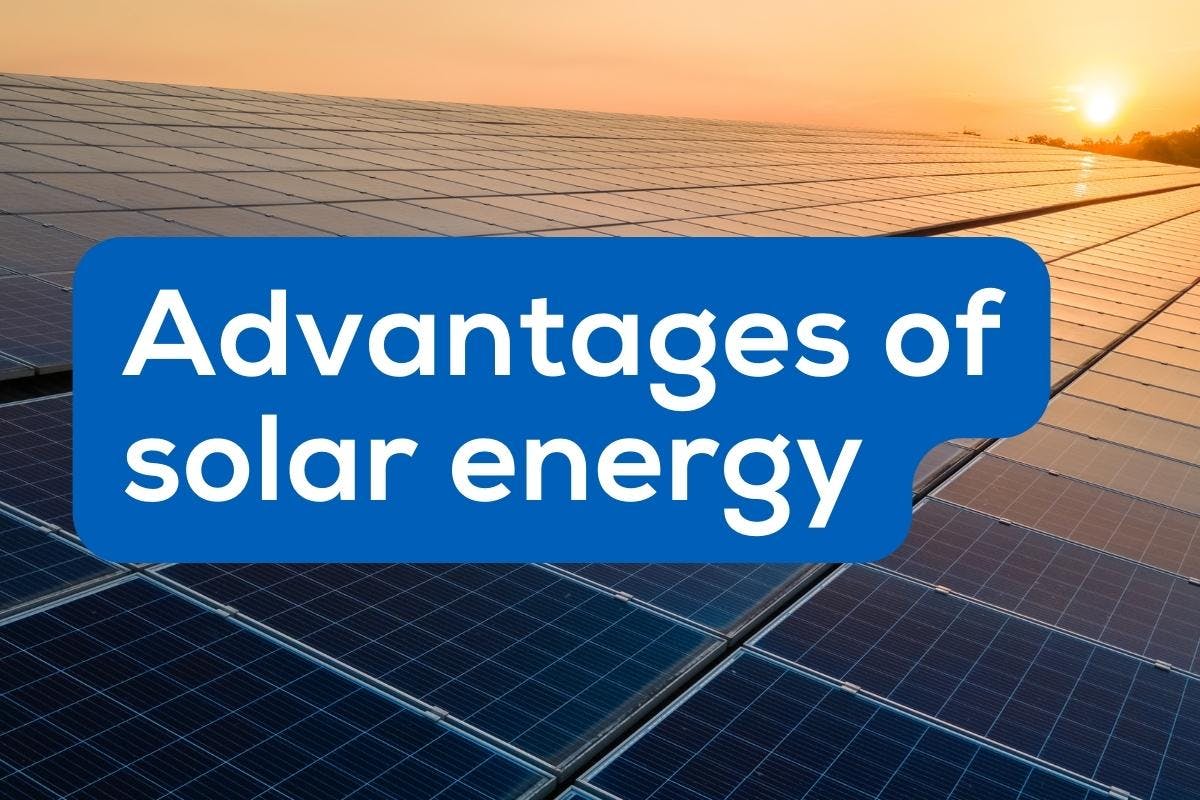Just How Solar Energy Can Aid You Save Money and Minimize Your Carbon Footprint
The integration of solar power into your power profile presents a compelling opportunity for both economic cost savings and ecological stewardship. As different government motivations come to be readily available, the question emerges: exactly how can one effectively navigate the initial financial investments and continuous benefits of solar technology to make best use of both financial and environmental gains?
Understanding Solar Power Savings
While the shift to solar power usually involves an initial investment, comprehending solar energy cost savings is vital for property owners and businesses alike. Solar energy systems can substantially decrease electrical power expenses by utilizing the sunlight's power, converting right into significant lasting financial benefits. By generating their very own electrical energy, users reduce reliance on grid power, which undergoes fluctuating costs. These cost savings can collect over time, commonly resulting in a rapid return on investment.
Moreover, solar energy systems might certify for different financial motivations, consisting of tax credit scores and discounts, additionally improving their cost-effectiveness. The schedule of internet metering permits individuals to offer excess energy back to the grid, producing an extra income stream. These factors contribute to the total financial savings related to solar power.

In addition to direct financial cost savings, solar power offers the included advantage of raising property worth. Homes outfitted with photovoltaic panels are often more eye-catching to purchasers, as they promise lower power costs - Simply Solar Illinois. Recognizing these elements is important for anybody considering solar power, as it highlights not just the possible financial gains, however additionally the more comprehensive ecological and economic advantages of adopting renewable resource remedies
Preliminary Expenses vs. Long-Term Benefits
When examining solar energy, it is necessary to consider the first costs against the long-lasting advantages. The upfront investment for photovoltaic panels, setup, and related equipment can be considerable, commonly ranging from $15,000 to $30,000, depending upon the system dimension and home power needs. This initial expense might prevent some house owners; nevertheless, it is vital to think about the potential savings with time.
Once set up, solar power systems can significantly reduce or even remove monthly electricity bills, causing significant long-lasting financial benefits. Researches indicate that house owners can save anywhere from $10,000 to $30,000 over the life-span of their planetary system, typically 25 years. Furthermore, many states provide incentives, tax obligation credit reports, and refunds that can counter first expenses, making solar much more obtainable.

Lowering Your Carbon Impact
Lowering your carbon footprint is an important consideration in today's eco aware culture, and embracing solar power is among the most reliable techniques to attain this goal. Solar power is a clean, renewable source that considerably diminishes dependence on nonrenewable fuel sources, which are significant factors to greenhouse gas discharges.

Moreover, the widespread adoption of solar technology motivates the development of eco-friendly tasks and sustains technologies in energy storage and effectiveness. The more individuals and companies buy solar energy, the higher the cumulative reduction in carbon discharges, cultivating a cleaner ambience for future generations.
Government Incentives and Rebates
Embracing solar power not only benefits the environment however can additionally lead to considerable financial cost savings, specifically with the availability of government motivations and rebates. Different federal, state, and regional programs are made to encourage home owners and services to purchase solar power systems, making the change extra budget-friendly.
Among one of the most famous rewards is the Federal Financial Investment Tax Obligation Credit Report (ITC), which allows solar system proprietors to deduct a significant percent of the installation costs from their federal taxes. This reward has actually been essential in decreasing the ahead of time expenditures related to solar power systems. In addition, many states supply their own tax obligation credit scores, gives, and rebates that can further improve financial savings.
Additionally, some local federal governments offer real estate tax exceptions for solar installations, making certain that home owners do not encounter increased building taxes as original site a result of their sustainable power investments. Utility companies may additionally use motivations, consisting of internet metering and feed-in tolls, which allow solar power customers to offer excess power back to the grid.
Picking the Right Solar System
Picking the suitable solar system is important for making the most of energy performance and monetary advantages. The choice click over here now hinges on a number of aspects, including power demands, budget plan, and readily available area. Property owners should start by evaluating their electrical power usage to establish the system dimension required for ideal performance.
Following, take into consideration the different types of solar modern technologies available. Simply Solar Illinois. Photovoltaic (PV) panels are one of the most typical, converting sunlight straight into electrical power, while solar thermal systems concentrate on home heating water. Each type has distinctive advantages depending on specific requirements
Budget factors to consider are also paramount. First installation expenses can vary dramatically, so it's crucial to contrast quotes from numerous service providers and explore financing choices. Government motivations and rebates can better lower the monetary problem, making planetary systems more accessible.
Final Thought
In recap, solar power offers a sensible remedy for achieving significant cost savings while at the same time reducing carbon emissions. The first financial investment, though significant, yields substantial long-lasting financial benefits, with potential cost savings varying from $10,000 to $30,000 over 25 years. In addition, the environmental benefits of solar energy add to sustainable practices crucial for combating climate modification. Government incentives enhance the feasibility of solar technology fostering, motivating a change towards a cleaner, more financially effective power source.